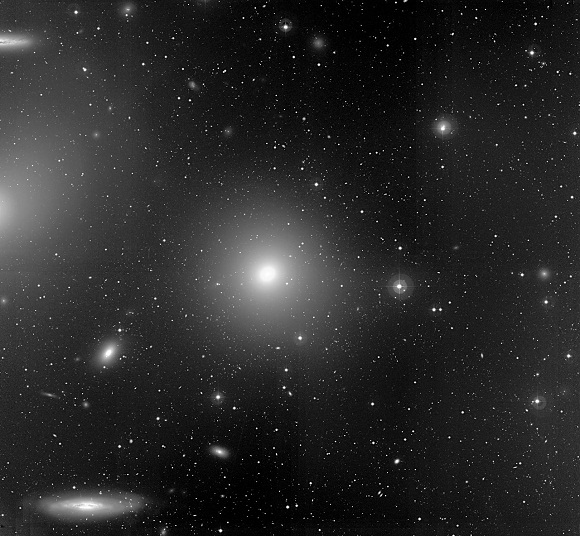The deepest view of the X-ray sky
The eROSITA telescope has provided a new, sharp view of hot and energetic processes across the Universe. The eROSITA X-ray telescope has completed its first full sweep of the sky. This new map of the hot, energetic universe contains more than one million objects, roughly doubling the number of known Read more










